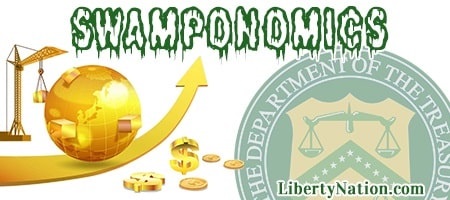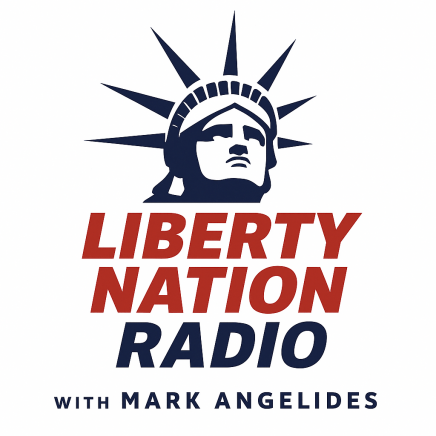When the Federal Reserve followed through with cutting the interest rate by a super-sized 50 basis points at the September policy meeting, borrowing costs were expected to start falling. Instead, various credit instruments like mortgage rates are climbing. The US central bank does not establish the mortgage lending rate but does influence the Treasury market, which affects home loans. So far, prospective homebuyers are not witnessing much relief, be it on interest costs or prices.
Mortgage Rates Swell
According to the Mortgage Bankers Association (MBA), the average 30-year mortgage rate increased 22 basis points to 6.36% for the week ending October 4, the highest level since August. This represented the first increase in three months, after registering the lowest reading since September 2022. The unexpected jump weighed on demand as mortgage applications plunged 5.1%, the MBA reported.
Rising US Treasury yields have been the primary factor for elevated mortgage rates. It might seem counterintuitive, but government bond yields have surged since the Eccles Building kicked off its easing cycle. The benchmark ten-year yield topped 4% for the first time since August and has rocketed about 40 basis points from its low.
Why is the Treasury market booming? There are two reasons. The first is that Fed Chair Jerome Powell disappointed investors by essentially confirming at a National Association for Business Economics event that the rate-setting Federal Open Market Committee (FOMC) will not aggressively cut the federal funds rate. The second is that demand for US Treasurys remains abysmal, with the latest auctions falling short of consensus estimates and resulting in higher yields.
So, who knows when homebuyers will obtain a reprieve from high mortgage rates and home prices?
2024 Budget Deficit
Before the official Monthly Treasury Statement, the Congressional Budget Office (CBO) released its Monthly Budget Review report, confirming that the federal government recorded a $1.83 trillion budget deficit for fiscal year 2024. This deficit was just below the nonpartisan budget watchdog’s estimate of $1.9 trillion but topped last year’s $1.7 trillion.
The shortfall, representing 6.4% of gross domestic product, was fueled by ballooning interest charges, which reached nearly $1 trillion and were up 34% from a year ago. Additionally, programs for seniors, like Social Security and Medicare, surged 6% from the previous fiscal year. Altogether, Washington collected $4.92 trillion in revenue and spent $6.75 trillion.
 Administration officials called the newest numbers a win for the nation. “While the deficit is lower than it was last year, President Biden believes we need to reduce the deficit further by making the wealthy and large corporations pay their fair share, and by reducing wasteful spending on special interests like Big Pharma,” said White House spokesman Jeremy Edwards. However, House Budget Committee Chairman Jodey Arrington (R-TX) warned that this is a reflection of “a completely unsustainable path.”
Administration officials called the newest numbers a win for the nation. “While the deficit is lower than it was last year, President Biden believes we need to reduce the deficit further by making the wealthy and large corporations pay their fair share, and by reducing wasteful spending on special interests like Big Pharma,” said White House spokesman Jeremy Edwards. However, House Budget Committee Chairman Jodey Arrington (R-TX) warned that this is a reflection of “a completely unsustainable path.”
Neither Vice President Kamala Harris nor former President Donald Trump have presented policies that address the $35.7 trillion national debt or the $2 trillion budget deficits. Instead, from the Committee for a Responsible Federal Budget to The Tax Foundation, the presidential contenders are expected to increase the debt by trillions of dollars over the next decade.
More Bad News
If sky-high mortgage rates and rocketing budget deficits are not enough to satisfy your appetite for bad news, your morning coffee will get more expensive. Coffee futures have been on a tear this year, rallying more than 32% on the Chicago Board of Trade (CBoT) to nearly $2.50 per pound. Over the last 12 months, the contract has spiked 69%. The dramatic climb in java futures has been fueled by deteriorating growing conditions in Brazil and Vietnam, which could result in the fifth consecutive annual global supply deficit. So far, this has not translated into higher prices for coffee drinkers, tumbling 2% since August 2023. Still, various industry experts warn consumers will eventually see their cups of Joe and Double-Doubles become more expensive, either at Starbucks or at home.
Michael Kapos, vice president for sales and marketing at Downeast Coffee Roasters, a family-owned retailer and wholesaler based in the great state of Rhode Island, told Bloomberg this past summer: “The strategy of trying to find cheaper, less expensive components for a blend — I never thought it was the right strategy in the first place — but now it’s a strategy that just simply doesn’t work anymore. There’s nothing left to do than for coffee shops to raise their prices.”
His company raised coffee prices by 5% earlier this year.
So, is it time for orange juice in the morning? Nope, the classic breakfast staple has soared 20% this year. OK, can you pass a glass of milk, please? Sorry, that has risen 1.5% since March. Fine, let’s just erase our sorrow and self-pity with an alcoholic beverage first thing in the morning. OK, but be prepared to pay 2% more from a year ago. Is there any escape from inflationary pressures?








